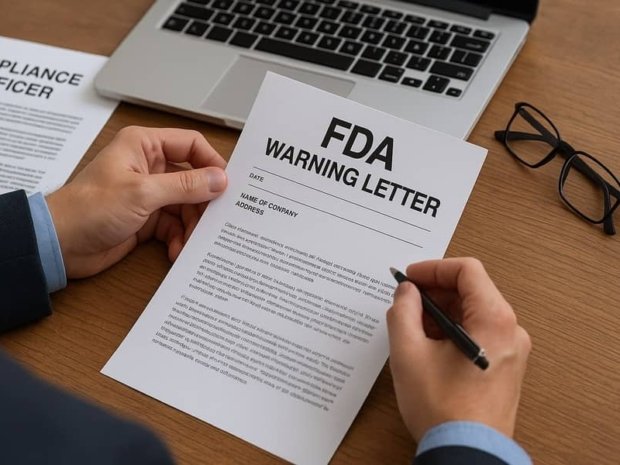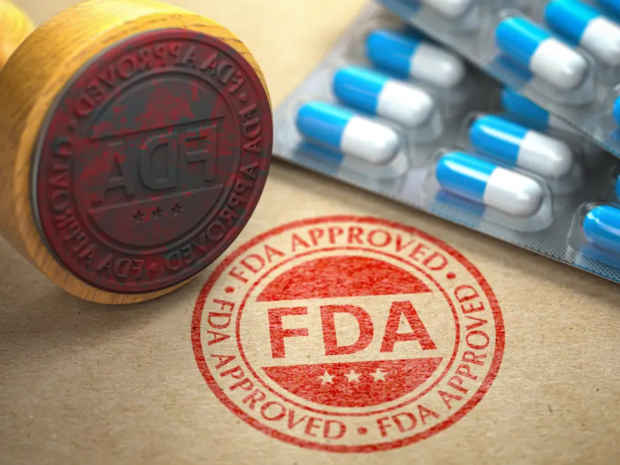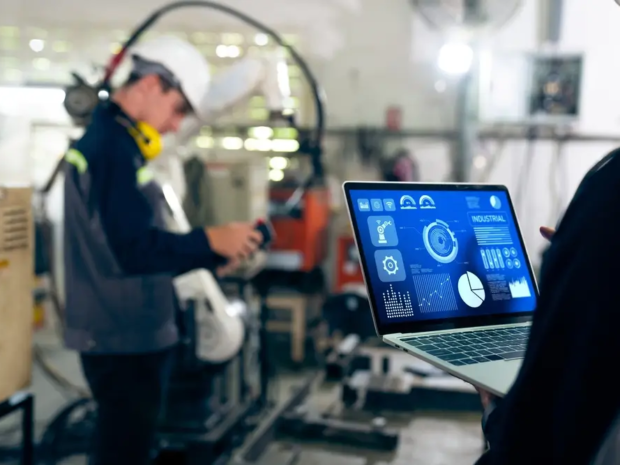How to protect compliance, avoid escalation, and respond with confidence ⏱️ 8 min read | Updated: September 2025 Table of Contents The FDA Compliance Context Why Effective Res
8 Design Control Tips Every Medical Device Team Should Follow
Design controls help medical device teams create products that are safe, effective, and meet regulatory rules. From concept to launch, following good design practices can save time, cut costs, and prevent recalls. This guide highlights eight key tips
How to Conduct an Annual Product Review (APR): A Step-by-Step Guide for Pharma QA Teams
Annual Product Reviews (APRs) are not just a regulatory requirement. They are a valuable quality management tool. An APR helps companies understand the overall performance of a drug product, detect trends, and identify areas that may need improvement
Heatwaves and Server Room Safety: Environmental Controls to Protect Computerized Systems
Extreme heat can damage more than just outdoor equipment. When a heatwave hits, even indoor areas like server rooms can suffer. For companies relying on validated systems and digital documentation, the impact can be serious. Systems can slow down, ov
FDA Complaint Handling Requirements Under 21 CFR Part 820.198: What You Must Document
If you manufacture medical devices, you must follow strict rules for handling complaints. These rules are explained in 21 CFR Part 820.198, which is part of the FDA’s Quality System Regulation (QSR). Failing to meet these requirements can result in s
Who Is Legally Accountable in a Change Control Failure? Quality, Operations, or Management?
In pharmaceutical and biotech manufacturing, changes to processes, equipment, or materials must be handled carefully. That’s why change control is a critical part of any company’s current Good Manufacturing Practice (cGMP) system. But when change con
How Quality Culture Impacts Worker Safety in Medical Device Manufacturing
In the medical device industry, safety isn’t just about the patients. It’s also about the people who make the devices, the workers. Many companies focus heavily on compliance and product standards, but a strong quality culture is what truly keeps bot
CE Marking Timeline Tips: From Classification to Certification
If you’re a manufacturer looking to sell your product in the European market, CE marking is a legal must. It’s more than just a label. It shows that your product meets the European Union’s health, safety, and environmental standards.But getting that
Documentation Safety: Why Accurate Batch Records Protect More Than Just Compliance
Every batch of pharmaceutical product starts with documentation. From raw material receipts to production logs, each step in manufacturing is recorded in batch records. On paper, this may look like a mundane task. In reality, those pages are vital to
Practical Tips for Starting a Computerized Systems Validation (CSV) Project
Computerized Systems Validation (CSV) is a critical process in regulated industries like pharmaceuticals, biotech, and medical devices. It confirms that software and digital systems work as intended and meet all compliance requirements, especially th












